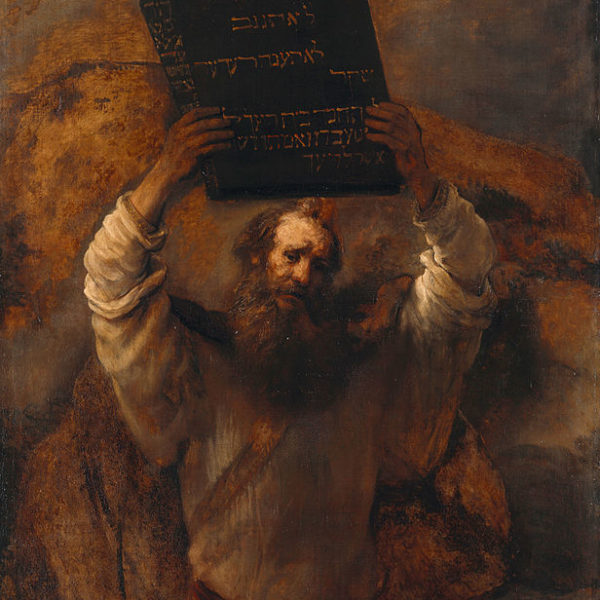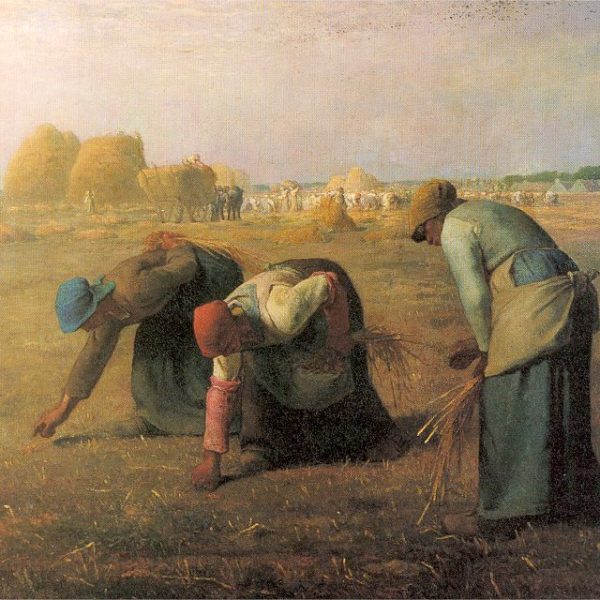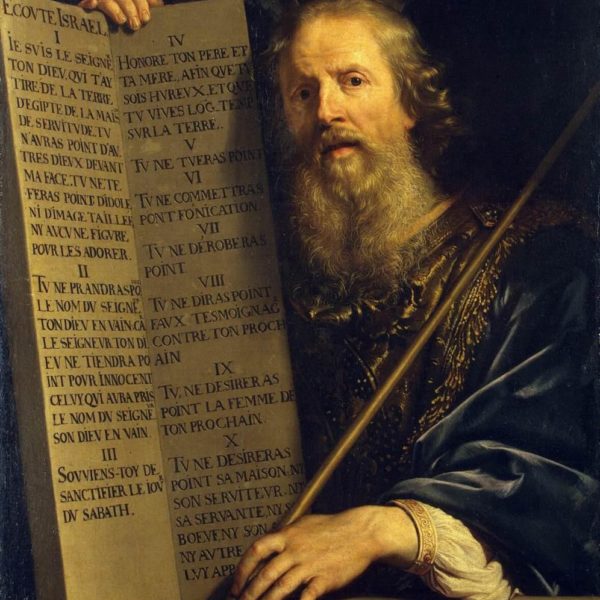
The idea that the political aspects of the Ten Commandments are confined to the latter portion and that the beginning portion is only ‘religious’ in nature is unsustainable. The politics of the commands themselves as well as the politics of the conversations in which those commands are embedded continue to be instructive for faithful communities today.
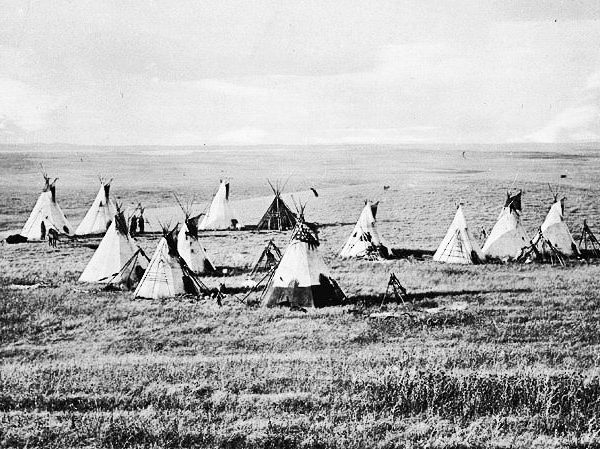
Exodus reminds us of what as human beings we have in common with the land and all of its resources—we are all both creations and possessions of the eternal God. In light of this, as we recognize and respond to our own needs and desires, making claims on the land as a result, we must also recognize the land as possessing its own distinct claims, dignity, and integrity.
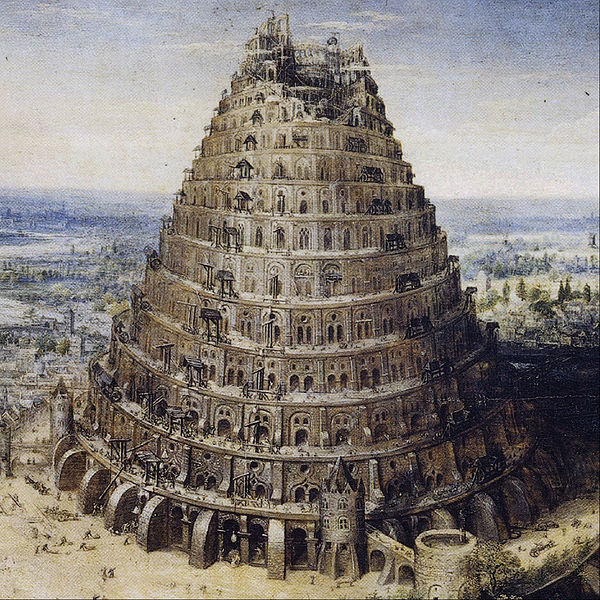
As the people of Pentecost, our political vocation is to manifest the reality of God’s worldwide kingdom, to be a place where the enmity between peoples is overcome and the many tongues of humanity freely unite in the worship of their Creator. Amidst the Babelic projects of the ages, the Church proclaims by its existence that the kingdom belongs to God, that there is no other true ruler over all the nations.

The encounter of Mary Magdalene with the risen Christ provides us with a model for understanding political theology. The elusive presence of the resurrected one and the emptiness of his tomb forbid all our attempts to secure his presence in our praxis and open up new ways of perceiving our social task.
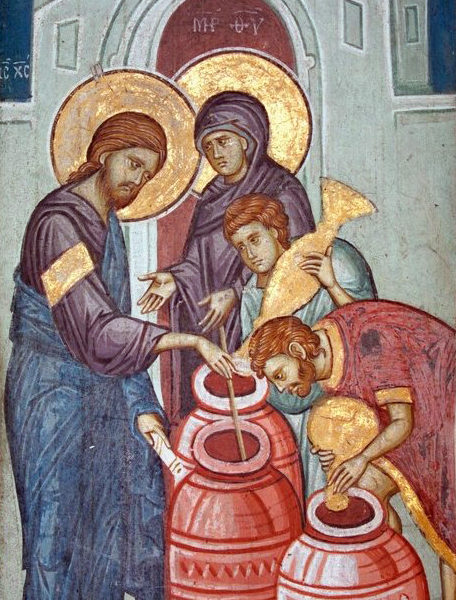
In John’s account of the Wedding of Cana, the part played by Mary merits our attention. On account of the honor due to her as a mother, she wields great authority. She provides us with occasion to reflect upon the esteem in which we hold mothers today and the authority that we accord them in our lives and society.
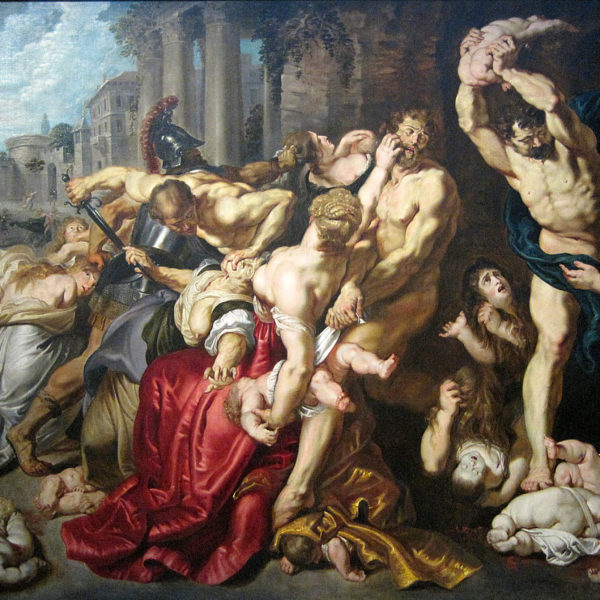
The account of the slaughter of the innocents rests like a deeply unsettling shadow upon the Christmas story, with its themes of God’s peace and presence. Yet, in reflecting upon this account, we may discover a profound new conception of the mode of God’s presence within our world and its tragedies.

Isaiah 35:1-10 is a hopeful final statement to First Isaiah. Bringing together images of nature leading the way into a new world and release from political oppression, it continues to resonate in our contemporary situation.
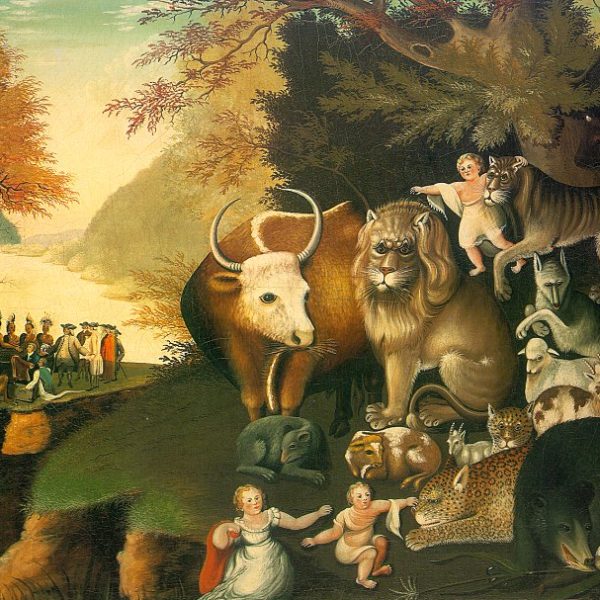
In Isaiah’s prophecy a young child serves as a sign puncturing the gloom of a dark political situation. The use of infants and young children to draw attention to God’s future within the book of Isaiah has significance for our own political visions. In regarding the sign of our children we can accomplish an existential turn from a politics driven by the selfish interests of our own generation to one of responsibility and hope for the well-being of those to come.
